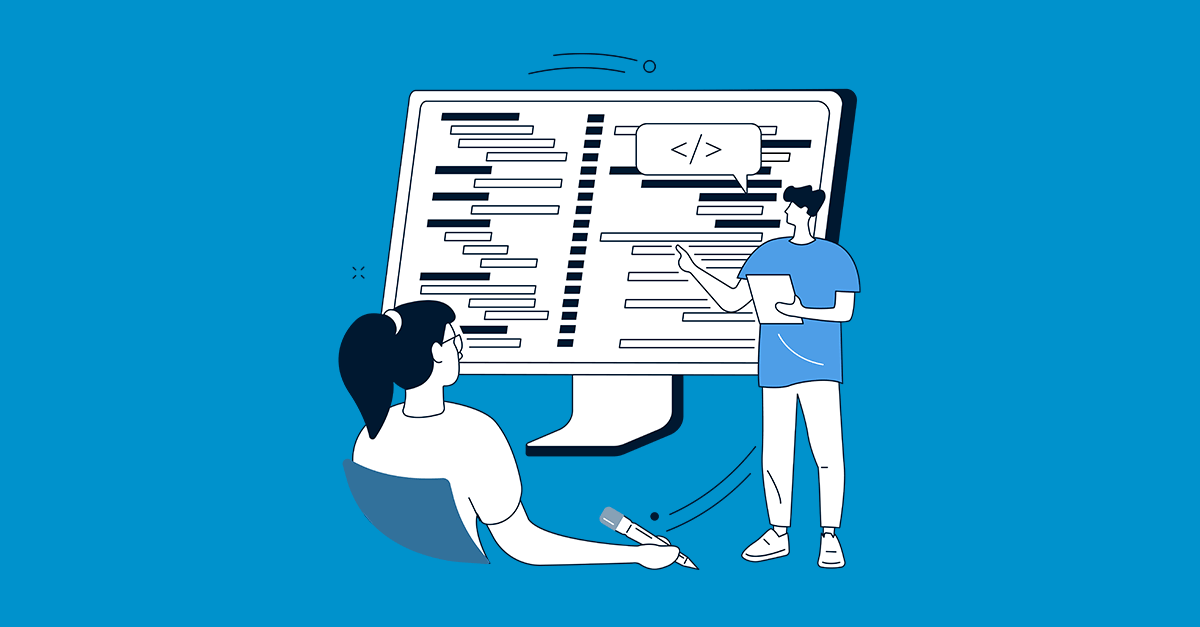What is ITIL?
ITIL (Information Technology Infrastructure Library) is a globally recognized set of best practices and process guidelines for IT service management. ITIL helps organizations deliver IT services efficiently, effectively, and with high quality. This framework focuses on managing the service lifecycle, guiding the design, transition, operations, and continual improvement of services. The goal of ITIL is to strategically manage IT services and align them with business objectives.
Relationship with ITSM
ITSM (IT Service Management) is an approach that covers the planning, delivery, management, and improvement of IT services. ITIL serves as a framework for implementing ITSM. In other words, ITIL forms the foundation of ITSM and standardizes its implementation. While ITIL provides best practices for how service providers can deliver IT services more effectively to users, ITSM manages these processes.
Benefits of Digitalizing IT Processes
Digitalizing IT processes brings a variety of benefits to organizations:
Increased Efficiency
Automating manual processes helps reduce repetitive tasks and allows employees to focus on more strategic work.
Cost Savings
Digital processes reduce the need for excessive labor and resource utilization. Optimizing business processes can also lead to significant operational cost reductions.
Better Visibility and Traceability
Digital solutions allow for easier monitoring of processes and services, enabling managers and employees to make quicker and more informed decisions.
Faster Response Times
Digitalization enables IT teams to detect and resolve issues more quickly. This boosts business continuity and increases customer satisfaction.
Compliance and Security
Digital processes can automate standards and policies to meet compliance and security requirements, helping to reduce risks and prevent security breaches.
Digitalizing processes helps businesses stay competitive in modern market conditions and enables a more strategic approach to IT service management.







